With the use of the cloud increasingly common in companies, which also need to optimize costs in a challenging economic scenario, a question arises: how to monitor and optimize these resources? In this context, there is a modality that has been used by some companies, FinOps, which, in free translation, means financial operations.
With the use of this solution, it is possible to better understand the costs of each of the services allocated in the cloud, as the modality facilitates the understanding of the use of the systems and how much they are consuming, and recommends best practices. For this, it is necessary to establish an organizational structure that will manage these costs, and choose a FinOps leader – there are some training available for the development of this professional – who will be responsible for implementing monitoring, metrics and success goals, in addition to analyzing reports, which can be prepared according to specific needs and in real time.
Once these parameters have been defined, it is essential that the DevOps team, or the company’s IT area, work together with the FinOps leader so that, in the first moments of this new reality, they resolve any doubts about the role of each team in this process. With everyone involved in the matter, it’s time to gather information about the type of cloud contracted, its speed and cost, so that the teams can eventually suggest adjustments in its use.
From then on, the financial department is able to have visibility – and also predictability – of the investments that will be made in the coming months, allowing more clarity for the company’s finance team, since the information is available to all those involved in this process. One of the numerous advantages of having professionals assigned to manage FinOps is that everyone is aware of best practices, implementing specific measures to optimize costs and define the organization’s performance indicators (KPIs, in the English term), enabling cost reduction and, in the long term, savings for a better distribution of resources among the business areas.
With the detailed cloud investment, the company is able to outline growth objectives and with the computational power of this technology it is possible to generate more innovation and the creation of new products or services at scale, which can lead to an increase in revenue, if new products are released. With predictability and the possibility of readjusting the use of the cloud, it is possible to outline changes in route and strategy. An important benefit of FinOps for those who use one or more cloud services is the possibility of comparing service prices, which can be done prior to acquisition.
Another important gain with the FinOps strategy is that the team chosen to carry out this management can enable developers and other professionals to migrate to the cloud more efficiently, directing them with regard to the necessary investment and indicating when most suitable for the company, demonstrating the financial gains that this change brings.
When all teams are involved and in a collaborative spirit, everything starts to flow better, as everyone shares the mission of using the available resources responsibly, decentralizing the management of a single area, such as DevOps. Thus, the areas can deal with other demands of equal importance, also generating greater efficiency on other fronts.
The strategy of having a team, or an area, to specifically take care of cloud costs, in collaboration with other areas of the business, is fundamental for companies in a challenging economic scenario. At a time when investments need to be allocated with maximum transparency, FinOps allows companies to “do more with less” without losing the quality of services provided to increasingly demanding customers.


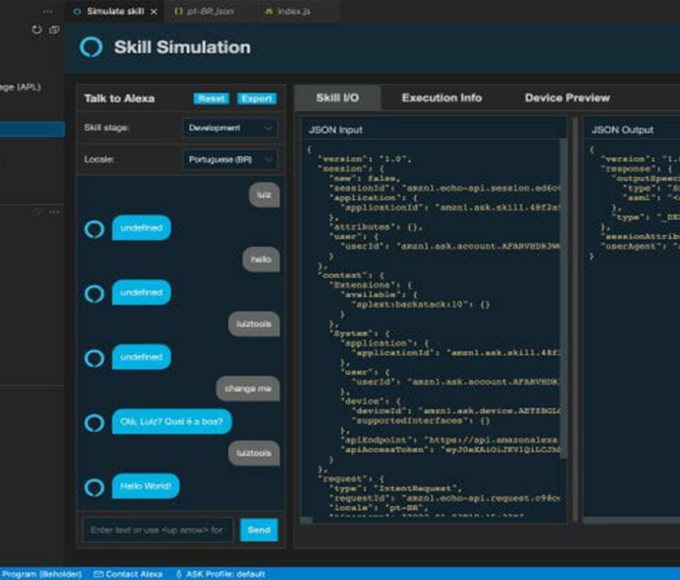





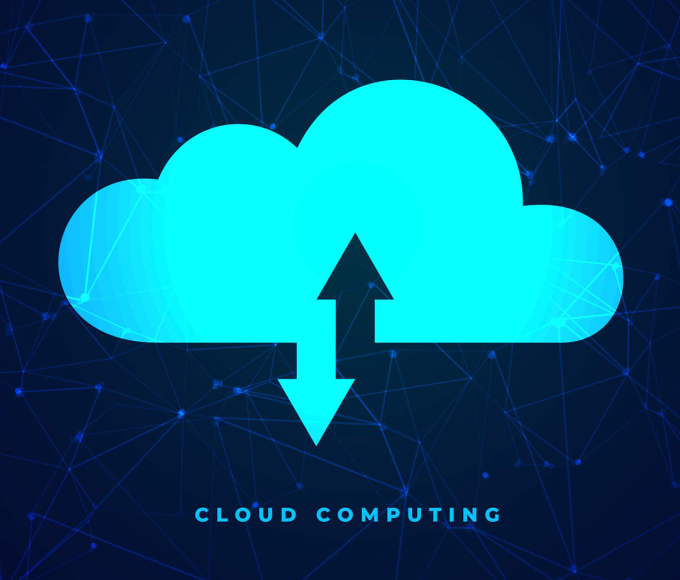
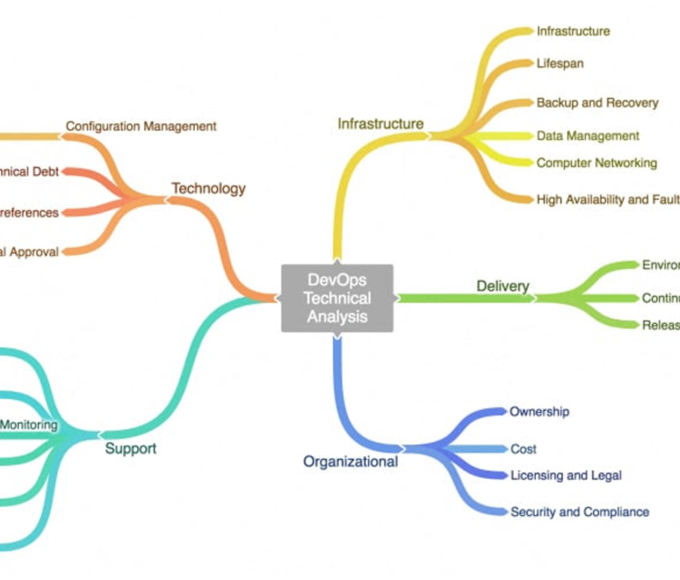




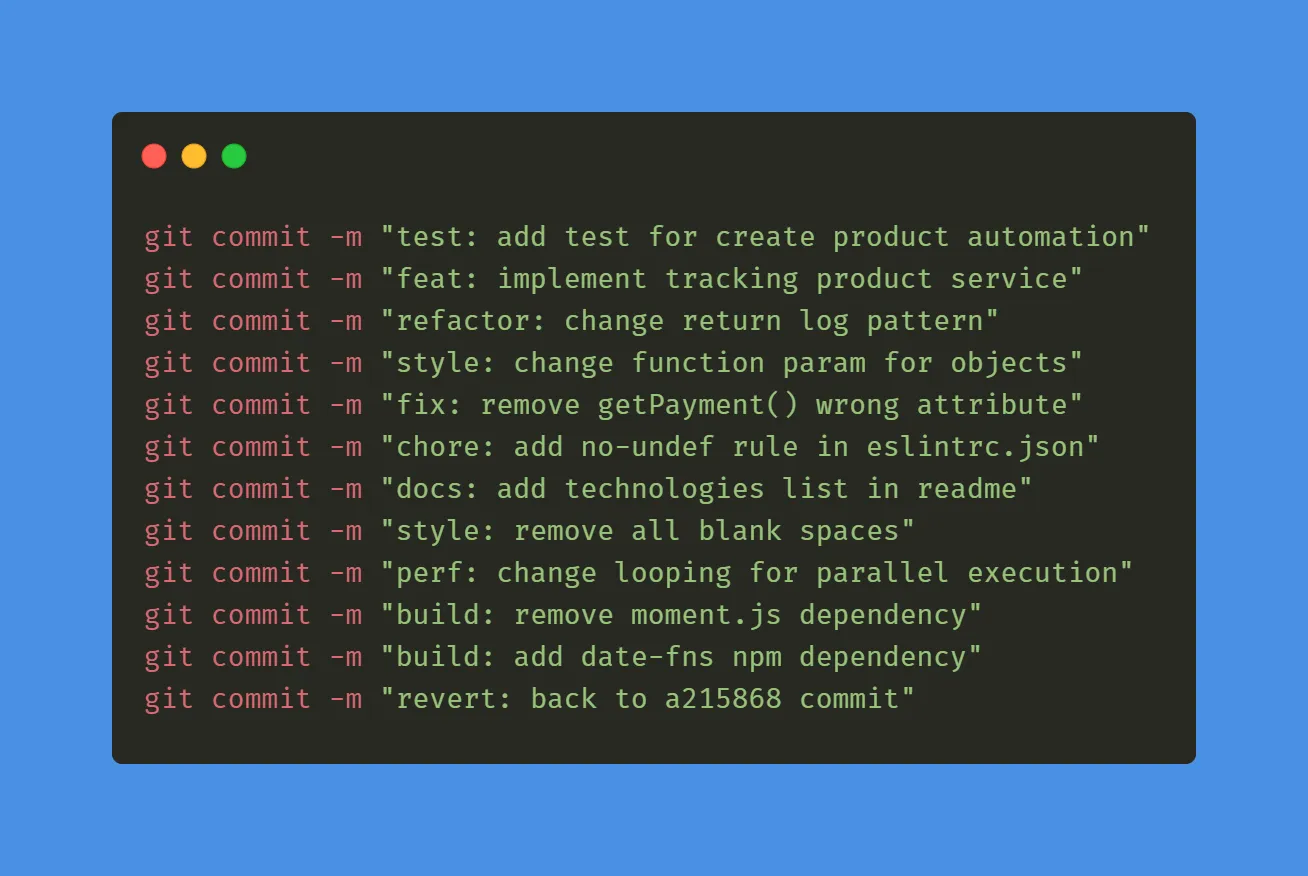

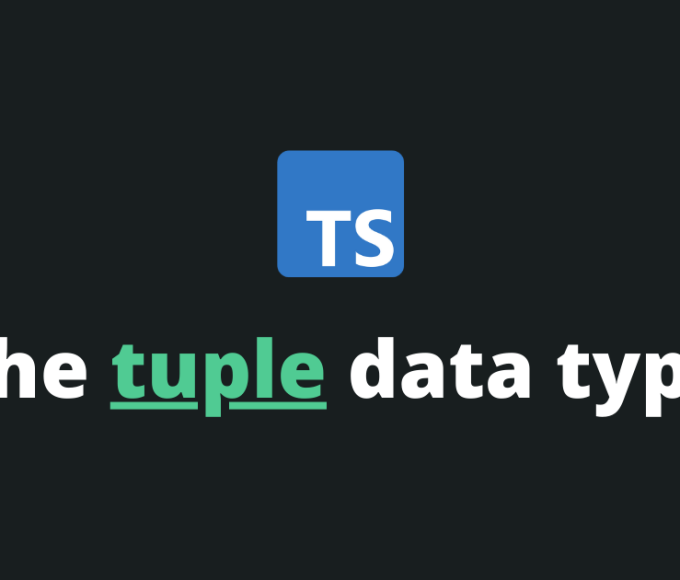






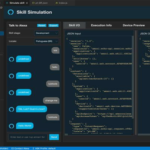



Leave a comment